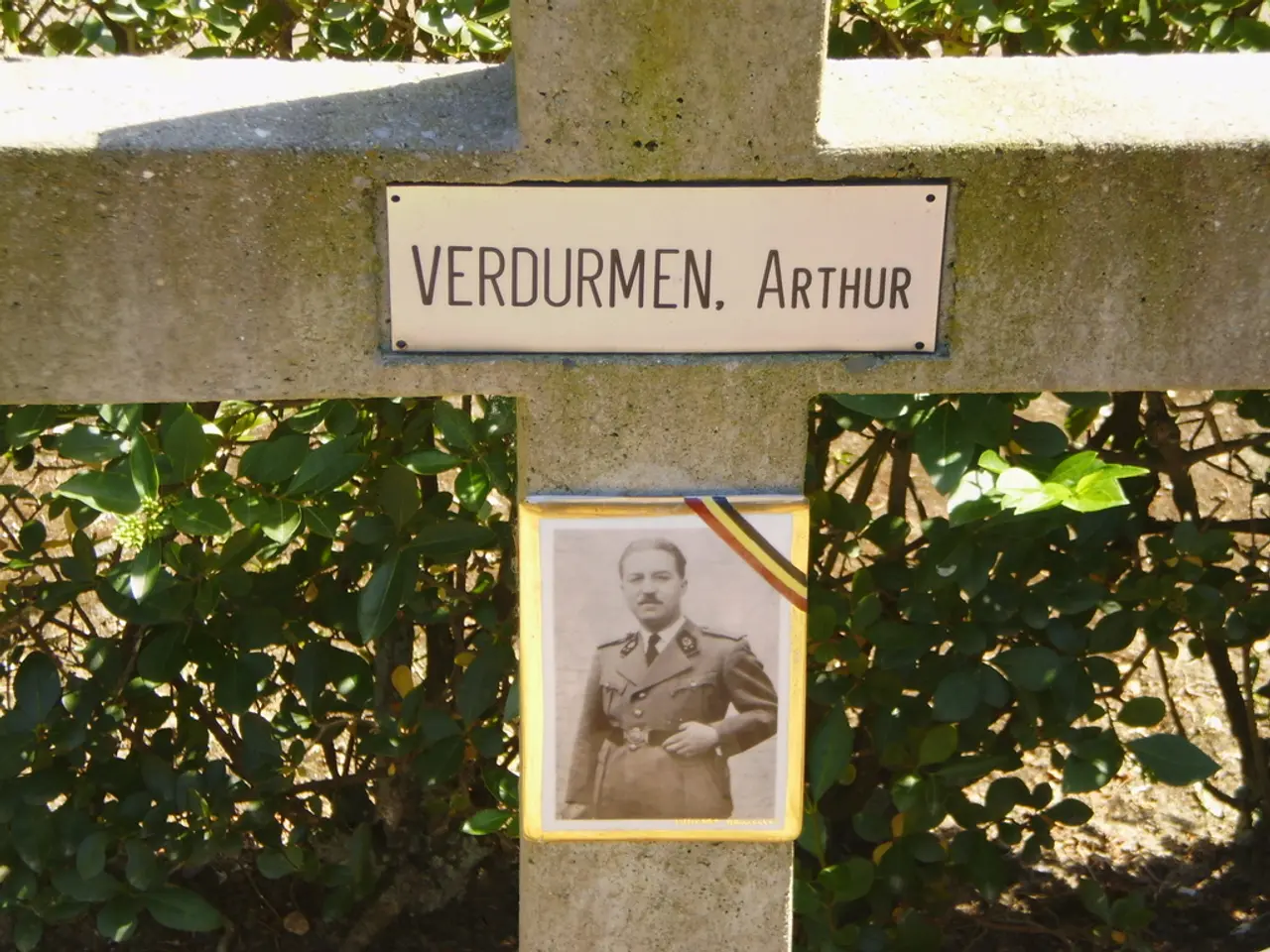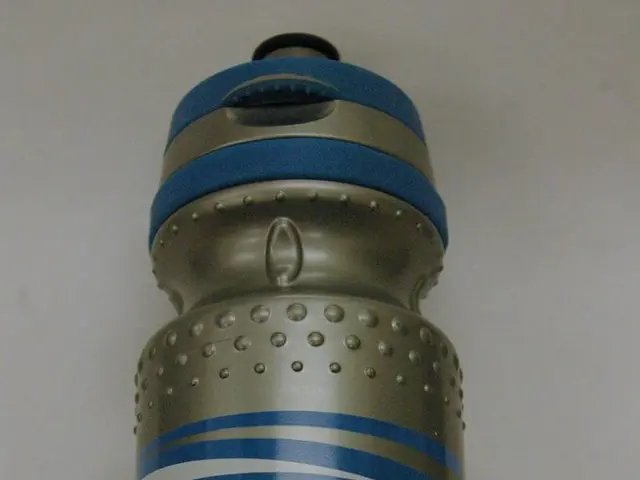Research Findings: Collaborative Relations Between Weleda and SS Established in Dachau Concentration Camp
In a startling revelation, a new study by historian Anne Sudrow has shed light on the connections between the natural cosmetics company Weleda and the Dachau concentration camp during World War II.
The study, commissioned by the Dachau memorial site, reveals closer ties between Weleda and the infamous camp than previously known. It suggests that former Weleda employee Franz Lippert played a central role in an SS-operated plantation in Dachau.
Lippert, who was the head of Weleda's medicinal plant garden, conducted research at the Dachau concentration camp that benefited from forced labor of prisoners. The study does not disclose whether this research was related to a frost protection cream allegedly used by SS doctor Sigmund Rascher in human experiments at Dachau, a cream that Weleda is said to have supplied.
The SS-owned German Experimental Institute for Nutrition and Catering (DVA) reportedly operated a "plantation" in Dachau for researching and applying biodynamic farming methods. It is believed that Weleda sourced medicinal herbs from this farm during the Nazi era.
The study also reveals closer personal connections between Weleda and the SS in Dachau than previously known. Former Weleda employees had close personal connections to the SS in Dachau, playing central roles in the SS-run agricultural "plantation" there. Lippert remained in contact with Weleda during his time working for the SS.
The natural cosmetics company Weleda is known for its anthroposophical remedies and biodynamic agriculture. However, the study by historian Anne Sudrow shows that there were close connections between the anthroposophy scene in Germany, biodynamic Demeter agriculture, and the SS during the Nazi era.
The study does not confirm whether SS doctor Sigmund Rascher used the frost protection cream supplied by Weleda for human experiments, nor does it confirm whether Lippert's work at the Dachau concentration camp had any impact on Weleda's operations during World War II. It also does not disclose whether Weleda was aware of Lippert's role in the SS-operated plantation during World War II.
The study was obtained by "Der Spiegel". The natural cosmetics company Weleda's account of its history states that Lippert's role in the SS-operated plantation and his connection to Weleda during World War II have not been previously disclosed. The company maintains that Lippert's work at the Dachau camp had "no connection whatsoever" to his earlier work at Weleda.
This new study serves as a stark reminder of the complex and troubling relationships that existed during the Nazi era, and the importance of uncovering and acknowledging the past to ensure that such atrocities are never repeated.
Read also:
- Nightly sweat episodes linked to GERD: Crucial insights explained
- Antitussives: List of Examples, Functions, Adverse Reactions, and Additional Details
- Asthma Diagnosis: Exploring FeNO Tests and Related Treatments
- Unfortunate Financial Disarray for a Family from California After an Expensive Emergency Room Visit with Their Burned Infant








